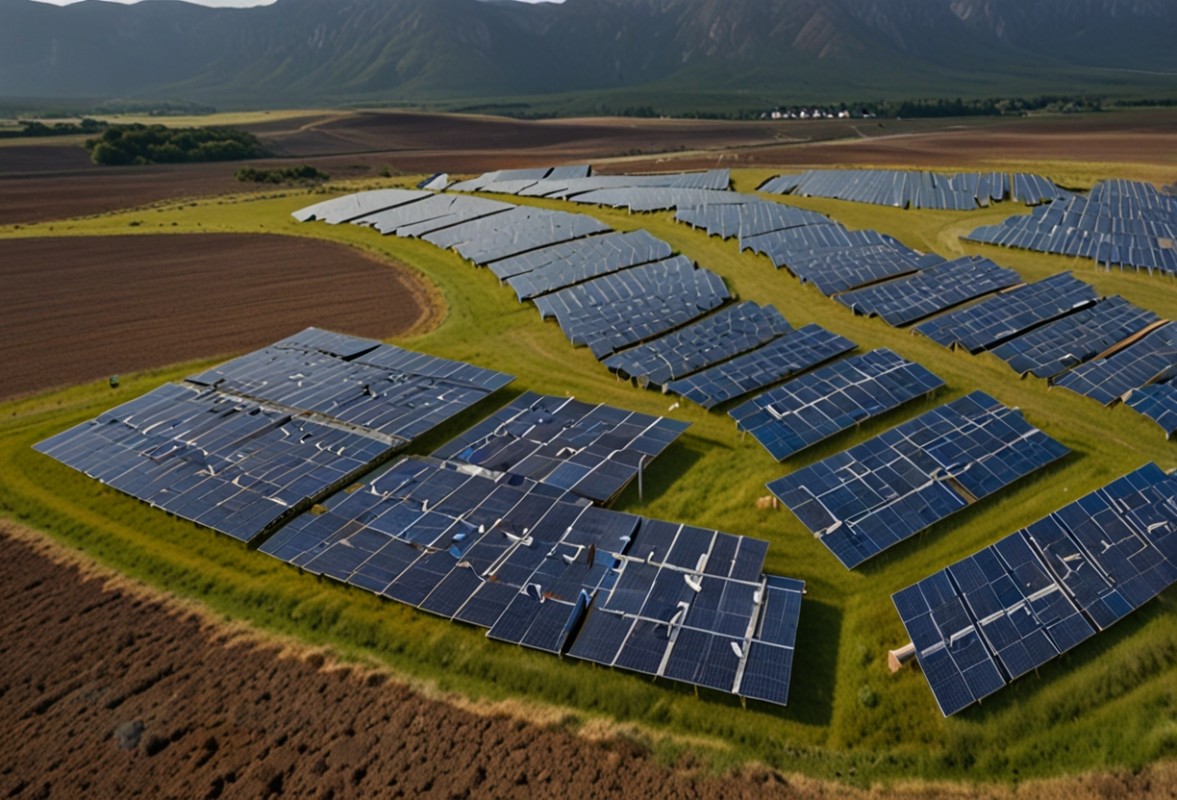EIA Bitcoin Mining Data Collection Webinar: A Summary of the Discussions

Todays webinar hosted by the Energy Information Administration laid out their plans for future efforts on data collection surveys targeted at Bitcoin mining operations based in the United States after an agreement was reached the 1st of March this year to cease the prior emergency survey and destroy all records collected during its operation.
They have clarified that currently no outstanding survey attempt exists on the Federal Registrar or is in motion at this time, and the purpose of the webinar was to seek feedback from members of the public and participants in the ecosystem on the types of information they could collect, what types of data has already been collected that could be valuable to them, and what important factors they should be taking into account when formulating a future survey.
They reiterated that two major challenges they face in attempting to gain a clearer picture of the state of Bitcoin mining in the United States were the difficulty in identifying mining operations amongst general energy consumers on the grid, as well as the ability for mining operations to rapidly relocate to areas with lower electricity prices making it difficult to keep track of the current state of operations.
Currently they plan to initiate the process of starting a survey sometime this year, potentially this quarter, and plan to incorporate any feedback industry participants and other members of the public are willing to offer in structuring the survey.
A number of industry members participated in the webinar: Thomas Mapes of the Digital Energy Council, Michael Postupak of the Blockchain Association, Margot Paez of the Bitcoin Policy Institute and Georgia Tech, Jayson Browder of Marathon Digital Holdings, Lee Bratcher of the Texas Blockchain Council, and others.
All the speakers reiterated that Bitcoin mining can be a net positive in its effects on energy infrastructure, particularly in helping facilitate demand response programs to free up electricity during periods of high demand spikes by regular consumers, and in the build out of more renewable energy production capacity by soaking up excess production when there is no other source of demand during times of surplus electricity.
Lee Bratcher specifically brought up the issue of Bitcoin miners being specifically singled out for a survey targeted solely at them, and broached the idea of expanding the survey to incorporate data centers in general, specifically distinguishing between data centers that are inflexible and must remain powered up consistently and flexible data centers that can dynamically power down in response to the needs of consumers or grid operators.
This was seconded by Jayson Browder as a source of hesitance and skepticism from mining operators in the industry as to why they were being singled out as a target of the survey.
Dennis Heidner, a member of the public attending the webinar, brought up his concern that the capital investment of miners might actually disincentivize miners from powering down their operations during times of high demand. This was a concern posed to the EIA in structuring future surveys as a factor to consider, given that miners still must work to make back their hardware investments and curtailing operations results in loss of revenue during that time period.
Margot Paez suggested the idea of Georgia Tech partnering with Lawrence Berkely National Laboratory, where researcher Arman Shehabi is currently conducting research on AI and data center energy consumption. Her rationale was that research is already ongoing to collect the type of data the EIA is seeking in their surveys, and given the relationships she has developed within the mining industry, and the relevance of datacenter power consumption to the EIAs general concern about Bitcoin mining, this partnership could combine already existing research to address the EIAs needs.
This would also allow an impartial non-governmental group to handle the actual data collection itself, working to anonymize the data itself while still providing the EIA with an accurate view needed to inform policy decisions without compromising the privacy of mining operations within the space.
Overall the webinar indicates a deep rethinking of the approach the EIA is taking in terms of data collection regarding Bitcoin mining operations in the United States. They seem to in the wake of the emergency survey being shot down in court open to a collaborative path forward with industry players moving forward to achieve an accurate view of power consumption for policy makers to base decisions on, rather than the adversarial and rushed path the emergency survey attempted to take.
Text source: Bitcoin Magazine: Bitcoin News, Articles, Charts,










